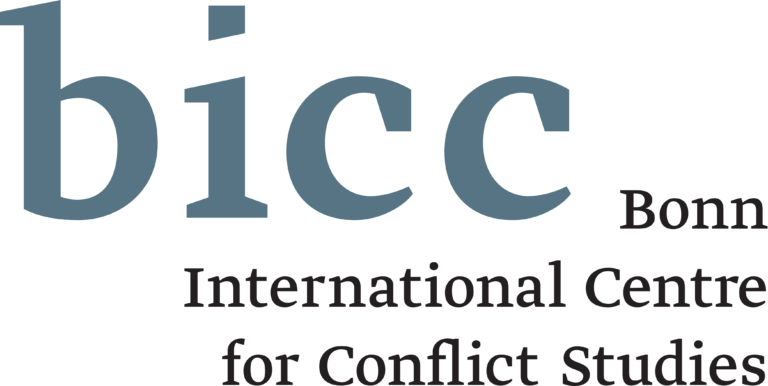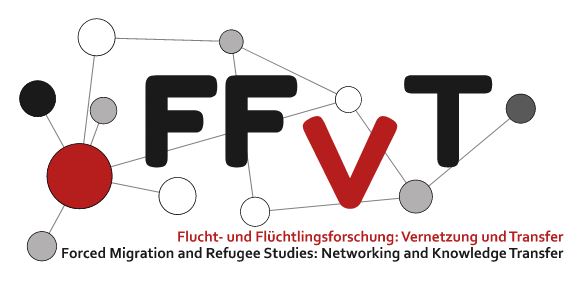


As part of the “Forced Migration and Refugee Studies: Networking and Knowledge Transfer” (FFVT) cooperation project
you are cordially invited to a
FFVT Scholarly Workshop
“Forced Migration and Dynamics of Political Mobilisation: Conceptual Approaches, Comparative and Case Studies” on December 7, 2021 (10:00h – 16:00h CET).
This Workshop brings together scholars of interdisciplinary backgrounds who work on topics related to forced migration with a particular focus on political mobilisation dynamics. Originating from social movement research, mobilisation denotes sustained collective initiatives to bring about or prevent social or political change, operating outside – yet in close interaction with – formal political institutions, whose orientation and leadership they may directly challenge (Khoshneviss & Benford 2017). Political mobilisation focuses on strategic action by individuals or groups towards extending their support base for aims that are directed towards social change (Mayer 1991). The mobilising actors often are ‘authentic’ groups – those affected by discrimination or injustice (Roose 2013; Shadmehr 2014). The angle of mobilisation research hence allows for studies on the agency of individuals and groups under existential pressure, the exploration of the range and limitations of social and/or political engagement, and the change ensuing movements bring about. It also allows for examining cases where actors make efforts to mobilise groups they consider as being affected from injustice to include them in a social movement (Roose 2013).
The discussions in the three panels will address the question: Which factors cause political mobilisation in the context of forced migration, and which dynamics and outcomes can be identified?
About FFVT
FFVT aims to strengthen interdisciplinary research on refugees and forced migration in Germany. To this end, the cooperation project brings together research on migration, development, conflict and violence, climate change, health, governance and human rights and other topics. Thereby, FFVT supports the networking of institutions and researchers working on the topic of forced migration and refugees as well as the dialogue between academia, practitioners, the media and politics. FFVT partner institutes are the Bonn International Centre for Conflict Studies (BICC), the Centre for Human Rights Erlangen Nuremberg (CHREN, University of Erlangen Nuremberg), the German Development Institute / Deutsches Institut für Entwicklungspolitik (DIE, Bonn) and the Institute for Migration Research and Intercultural Studies (IMIS, Osnabrück University) and it is funded by the Federal Ministry of Education and Research.
Bonner Allianz für Nachhaltigkeitsforschung
German Institute of Development and Sustainability (IDOS)
Tulpenfeld 6
53113 Bonn